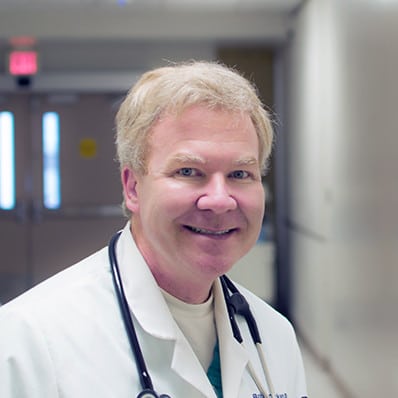Emergency Excellence: Dr. Robert Corkern’s Advanced Approaches to Critical Medical Care
Emergency Excellence: Dr. Robert Corkern’s Advanced Approaches to Critical Medical Care
Blog Article

As it pertains to healthcare, many individuals often confuse disaster medicine with central medicine. Both are critical divisions of medication, but they offer very different jobs in patient care. Dr Robert Corkern Mississippi, a renowned medical expert, describes the main element differences between both of these specialties, shedding gentle on their own focuses and how each plays a role in patient health. Knowledge the variance between disaster medicine and internal medicine will help patients greater steer their healthcare needs and produce knowledgeable decisions.
The Emphasis of Crisis Medication
Disaster medication is made to offer quick, acute care for individuals experiencing urgent or deadly conditions. Crisis physicians perform in hospitals' emergency departments (EDs), wherever they're usually the first point of contact for people encountering severe injuries, shots, heart episodes, or other medical emergencies. Dr. Corkern stresses that disaster medicine is focused on stabilization and rapid decision-making. Disaster physicians are experienced to take care of a wide range of medical situations, often without having an in depth medical record of the patient, and must produce quick judgments centered on restricted information.
The primary purpose of disaster medicine is to avoid more damage, secure the individual, and begin the appropriate interventions. From stress care to managing center problems or strokes, crisis physicians are authorities in managing intense indicators and giving life-saving treatments in high-pressure environments.
The Role of Central Medicine
In comparison, inner medicine is targeted on detecting and managing serious diseases and problems that affect adults, such as for instance diabetes, hypertension, and heart disease. Internal medication specialists, or internists, use patients over a lengthy time, giving extensive care and prevention strategies. Dr. Corkern describes that inner medicine is generally worried about the whole-body management of non-emergency medical issues. Internists often offer as principal attention doctors, handling routine check-ups, managing constant solutions, and coordinating look after individuals with complex, long-term health issues.
While crisis physicians handle quick concerns, internists take a more holistic and long-term approach to patient health. They usually function directly with specialists in places like cardiology, pulmonology, and nephrology to manage persistent problems and ensure that individuals obtain matched look after numerous wellness concerns.
Education and Way of Attention
Dr. Corkern highlights the variations in working out needed for both fields. Emergency medicine involves physicians to be equipped for a wide spectrum of problems that'll need rapid, life-saving interventions. Disaster medical practioners are experienced to control trauma, important disease, and intense exacerbations of serious conditions. That education involves huge concentrate on acute treatment and sophisticated life-saving procedures, frequently in high-stress environments.
On the other give, internal medication physicians undergo extensive teaching in the prevention, diagnosis, and treatment of persistent conditions. They focus on giving long-term attention, frequently managing a patient's medical history and matching with other specialists. The internist's approach is patient-centered, with a focus on long-term health preservation and illness prevention.
When to Seek Emergency Medicine or Central Medicine
Knowing when to seek crisis medicine versus central medication could make most of the huge difference in the speed and type of care an individual receives. If you're encountering a medical crisis, such as for example extreme chest suffering, problem breathing, or sudden loss of consciousness, the emergency room is the right spot to go. However, for ongoing health concerns, serious infection management, or general health preservation, an inside medication expert is normally the most effective position of contact.
Conclusion:
Both disaster medicine and inner medicine perform important jobs in individual treatment, but their techniques, emphasis places, and instruction vary significantly. Dr Robert Corkern's explanation provides quality on what these specialties function and when each is many relevant. By understanding the distinctions, people can better steer their healthcare needs and ensure they are seeking the best type of attention at the best time. Whether facing an emergency or controlling a persistent situation, equally specialists are built-in in sustaining and increasing health.
Report this page